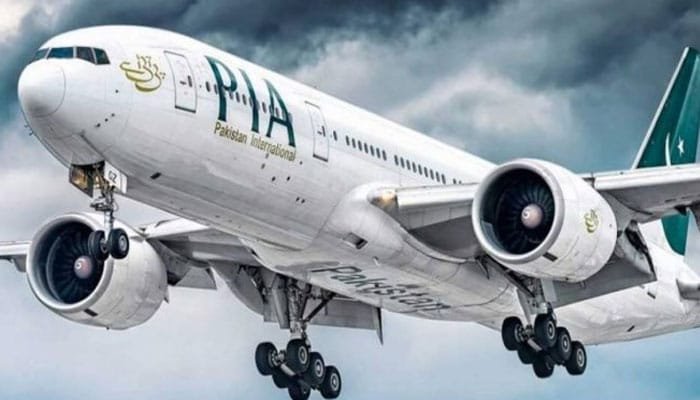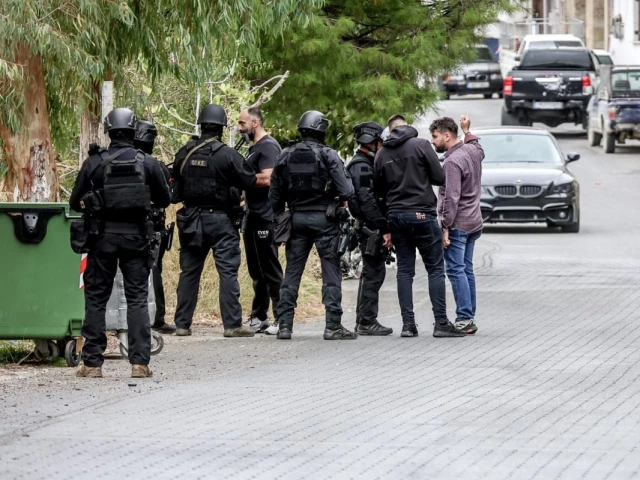Euphoria and disappointment | The Express Tribune
The 80th United Nations General Assembly session is submerged with high drama, expectations and disappointments. The decision to recognise the State of Palestine by American allies, especially Britain, France, Portugal, Canada and Australia, has led the momentum for realising perpetual peace in one of the world’s most volatile regions. That euphoria is, however, short-lived as…
The 80th United Nations General Assembly session is submerged with high drama, expectations and disappointments. The decision to recognise the State of Palestine by American allies, especially Britain, France, Portugal, Canada and Australia, has led the momentum for realising perpetual peace in one of the world’s most volatile regions. That euphoria is, however, short-lived as Israel goes ahead with its rogue pursuits of annexing West Bank and conducting ethnic cleansing in Gaza by raising its threshold of genocide.
The fact that the toothless General Assembly has not been able to prevail over the US in letting it tame the berserk Jewish state, and ensure life and property of besieged Palestinians is a great setback. In fact, the political intuition and suzerainty of three-quarters of UN member states to stand with the cause of Palestinian statehood is thrown to the wind, owing to the adamant attitude of an aggressor, Israel, and an appeaser, the US.
President Trump, indeed, has lost an opportunity to win over global leadership by failing to put Israel down. The absence of a ceasefire in Gaza and the jingoistic prescription of Prime Minister Netanyahu to go ahead with war-mongering against hapless and maimed Palestinians call for severe retribution. That, however, has not been the case as major European powers as well as China and Russia find themselves in a Hobson’s choice as Israel goes undeterred and unchecked.
This is tantamount to appeasement on a similar premise of Sutherland for Germany in 1938, that led to World War II. France, Germany and Britain have a responsibility to dispense and it is high time they put their weight behind the Middle East peace process, and made it clear to Washington that it’s a moment of ‘now or never’, compelling the Trump administration to stand on the right side of history.
The UAE, nonetheless, has shown the way as to how diplomatic pressure can be asserted by threatening to suspend its membership in the Abraham Accords. Trump must follow suit by sending the right signals to Israel to retreat and agree a deal on ‘land for peace’. That is the way to go in adversity.






